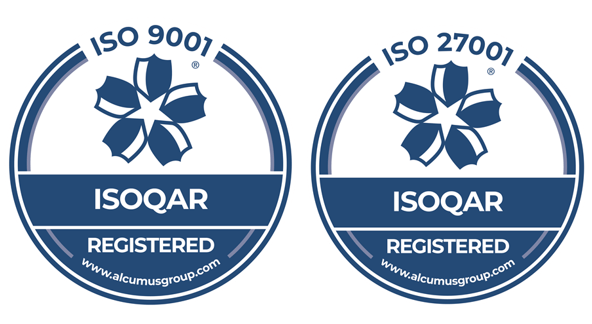
The many organisations that directed significant investment into ecommerce at the height of the Covid-19 pandemic as a panacea to accelerate digital transformation are now counting the costs of their reactionary approach. Our latest research reveals that ecommerce businesses are losing at least 10% in revenue due to downtime and website performance issues, and it doesn’t stop there…
‘48% of ecommerce leaders that increased their spending on ecommerce operations in the last two years’ suggest they are still not set up for success’
So with these investments yet to deliver their expected value and benefits, what approaches are ecommerce leaders taking to shift the dial? Whilst ecommerce leaders are arguably focussed primarily on a user-centric approach, they need to place equal focus on evaluating the flexibility of their IT infrastructure to enhance their ability to make changes quickly and effectively.
One thing is for sure…being able to realise value from new technologies and investments is crucial for brands to overcome and react to fluctuations in user preferences and other global events which have a significant impact on their ecommerce operations.
What type of investments are being made by ecommerce leaders?
Competition across ecommerce is fierce with many brands competing for the same customer’s attention. Being able to get products or services in front of customers and building brand loyalty are the key drivers for change and investment across the market.
Platforms
Many organisations are frustrated at the pace they can make change and the flexibility they currently have to make these changes easily. Adopting a modular platform approach is becoming a more popular choice – the ideal starting point for any digital strategy as it provides the flexibility and interoperability which is needed to successfully integrate new elements to platforms and make changes quickly in reaction to market events.
"51% of ecommerce leaders researched are already planning to adopt a modular platform approach within the next 2 years"
Integrations
Integrations with key service vendors have seen an increase over the last 12 months with investments made into marketing services, SEO tools, analytics, shopping data feeds and even back-office (3PL) logistics systems to name a few.
Marketing tools, Email Service Providers (ESPs) and SEO tools are a high priority for many ecommerce organisations as they look to create more personalised experiences with their customers and increase the amount of touchpoints they are able to make with prospective customers as the shift to omnichannel experiences continues to grow. In such competitive markets, ecommerce leaders are now prioritising building brand loyalty through these marketing tools and also using them as a means to increase new customer acquisition as a growing number of potential customers shift to online commerce.
Analytics & data services are also highly prioritised amongst ecommerce leaders as the power of data becomes more apparent and organisations begin to utilise these insights as a means to continually improve their user experiences and to inform future change across their business.
Organisations are beginning to invest in ‘back-office’ systems such as Enterprise resource planning systems (ERP) (36%), Third-party logistics services (3PL) (35%) and Product inventory management solutions (PIM) (35%) which support the entire infrastructure of organisations with an ecommerce model and acts as the backbone for successfully operating in reactions to fluctuations and unplanned spikes in demand. During the pandemic, many products often bought in stores shifted to online sales which presented an opportunity for organisations to improve their operating ability through these services to gain a larger market share and outperform their competitors.
Payment gateways
Being able to offer a customer multiple forms of payment is crucial to improving conversion across an ecommerce site. Offering a limited amount of payment options means organisations run the risk of a customer leaving due to their preferred payment method not being available or trusted.
New payment methods such as Klarna are becoming increasingly popular with different audiences across ecommerce platforms which offer users unique ways to purchase products. With 39% of organisations planning to invest in new payment gateways, it outlines the priority of many brands to offer a wider range of payment methods to suit their customers’ preferences moving forward and reducing the risk of payment gateways being a key barrier to purchase.

Data and insights to drive continual improvements
The reality behind the wholescale change, as organisations shifted for the first time to purely digital commerce channels, is that both user experience and platform capability are falling short of expectations. As we start to understand more about the long term impacts of Covid-19 and more latterly Brexit it’s no surprise that ecommerce leaders are favouring a more measured approach to adjusting their strategy.
This focus on continual improvement and using the data and insights to not only measure the impact of operational changes but to use it to drive future actions throughout the organisation is now helping many organisations drive better results from their ecommerce. Making small iterations to your offering can have a profound impact on both the ROI of your investment and the experience you are able to offer. Small changes allow organisations to take a more detailed look into their site, and to focus on individual elements which require attention. Making changes in this way also ensures minimal negative impact to your ecommerce site should a change be made which has an unexpected outcome.
The needle is moving for many – ecommerce leaders are now able to unlock the benefits of these considered approaches and integrated tools, and evidencing ROI is just a matter of time.
Whatever the direction of your ecommerce journey or the challenges you are facing in reaching your destination, we can help you take the next step.

